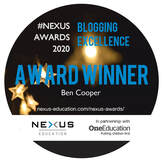|
So, if you read my previous post about Retrieval Practice you will already know I have been focusing a lot of work on developing my own knowledge and sharing my findings on The Science of Learning. I am already a fan of retrieval practice and see how it can be used very successfully in Primary education. But what about Spacing? How can the idea of spreading learning and retrieval practice over time, allowing time for forgetting to happen, be implemented into the early years of education? And, most importantly, what does it look like?
One of the best things to come out of spending more time at home has been the opportunity to do more reading. One of the best things about returning to school has been the chance of using that reading in the classroom and working alongside teachers to see its impact! The Science of Learning course by Evidence Based Education has been my highlight of the past few months. Within this course and plastered across most educational articles at the moment is Retrieval Practice. Why? It is simple, easy to understand and not too far away from what good teachers have been doing all along. But does it work in Primary?
Questioning is one of the foundations of learning. A good question can be the most powerful tool a teacher has for extending and deepening knowledge. If a child is asked a great question, new viewpoints, ideas and understanding can be developed. A good question can enthuse, stir, and provoke children which can eventually lead to a newly gained skill, deeper understanding or a new viewpoint.
Does your sticker chart some how not work? Do you find yourself focusing far too much on the bad behaviour and not enough time on the good? Behaviour management can be a tricky thing to grasp, particularly when you have a challenging group of children. However, sometimes it is the little tweaks you make to the systems you have in place which can make a big difference to the behaviour of your children. We have five tips on how you can adjust your approach to behaviour which can have a major impact!
As the digital world grows, so do the opportunities. Although there are plenty of paid applications and websites that provide exciting resources for children, there are also a number of free resources around the World Wide Web that offer free virtual trips around the world. This opportunity allows children to explore environments and locations they perhaps will never see in real life - and with new experiences, come new writing opportunities. Here are 5 of the best!
What does mastery and depth of knowledge actually look like and how can we promote it in a fun and engaging ways? To put it short, children should have a solid understanding of what they have learnt and be able to recall facts, use skills and understand concepts permanently. To allow children to develop this solid understanding, children should be using and applying and evaluating their learning. Here are our top 5 activities to promote mastery skills and deepen understanding in your classroom!
World Book Day?!? Why not make it a week? The thought of just a day to celebrate makes me a little sad so I like to take a full week off timetable and plan everything around our book. (Don’t worry, you can still get all areas of the curriculum covered just takes a little creativity) You can find examples at the end of this article.
Note the word feedback - not marking! Teachers have always shared that marking is one of the areas that impacts most on their wellbeing and takes up most time. Additionally, written feedback does not always support young and international learners. The current COVID climate of limiting the use of paper has presented teachers with a fantastic opportunity to adapt the way they work. They have been able to move away from marking and focus purely on feedback. There has been a bunch of publications discussing feedback and sharing more effective methods. By developing a flexible feedback approach, based upon research, you can create a process that is far more effective and saves teachers valuable time!
2020 certainly has been a rollercoaster for everyone across the globe and it certainly has be a test for us teachers. There have been times when I was not able to create as much content as I would have liked. However, I still managed to share a number of Professional Development blogs and vlogs which received great feedback from the WAGOLL Teaching community. Here are your favourites from this year!
|
SearchWith a keen interest in the neuroscience and psychology of learning, WAGOLL Teaching is about sharing research alongside great, simple teaching ideas to a global teaching community.
Ben has been in education for over 10 years and is passionate about simplifying high quality teaching and learning through innovative and practical approaches in the classroom. sUBSCRIBE |
|
Who are we? |
With a keen interest in the neuroscience and psychology of learning, WAGOLL Teaching is about sharing research alongside great, simple teaching ideas to a global teaching community.
|
All copyright reserved ©.
I would like to remind all visitors to this website that all pages on this site are copyright protected, unless stated. Most importantly, this site is for the use and enjoyment of all children, parents, guardians, carers and teachers who are involved in WAGOLL Teaching. Please use the resources/ideas as you need without replicating them for your own gains.
I would like to remind all visitors to this website that all pages on this site are copyright protected, unless stated. Most importantly, this site is for the use and enjoyment of all children, parents, guardians, carers and teachers who are involved in WAGOLL Teaching. Please use the resources/ideas as you need without replicating them for your own gains.


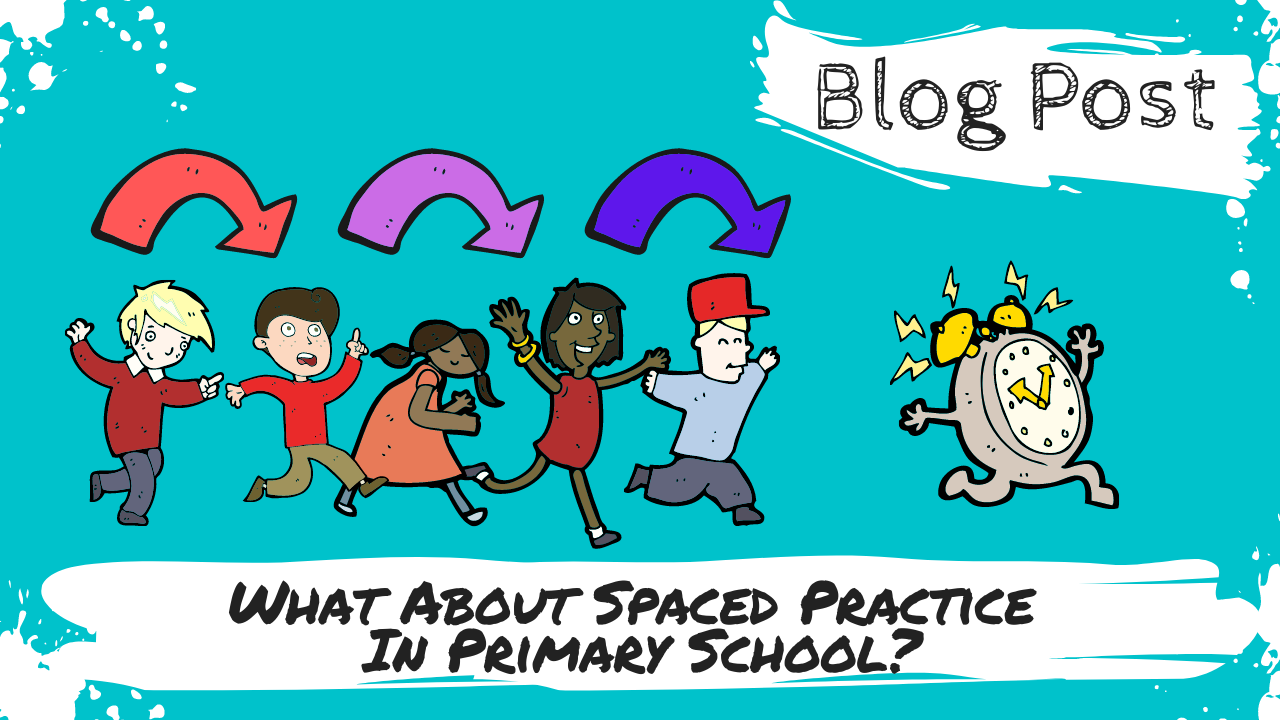
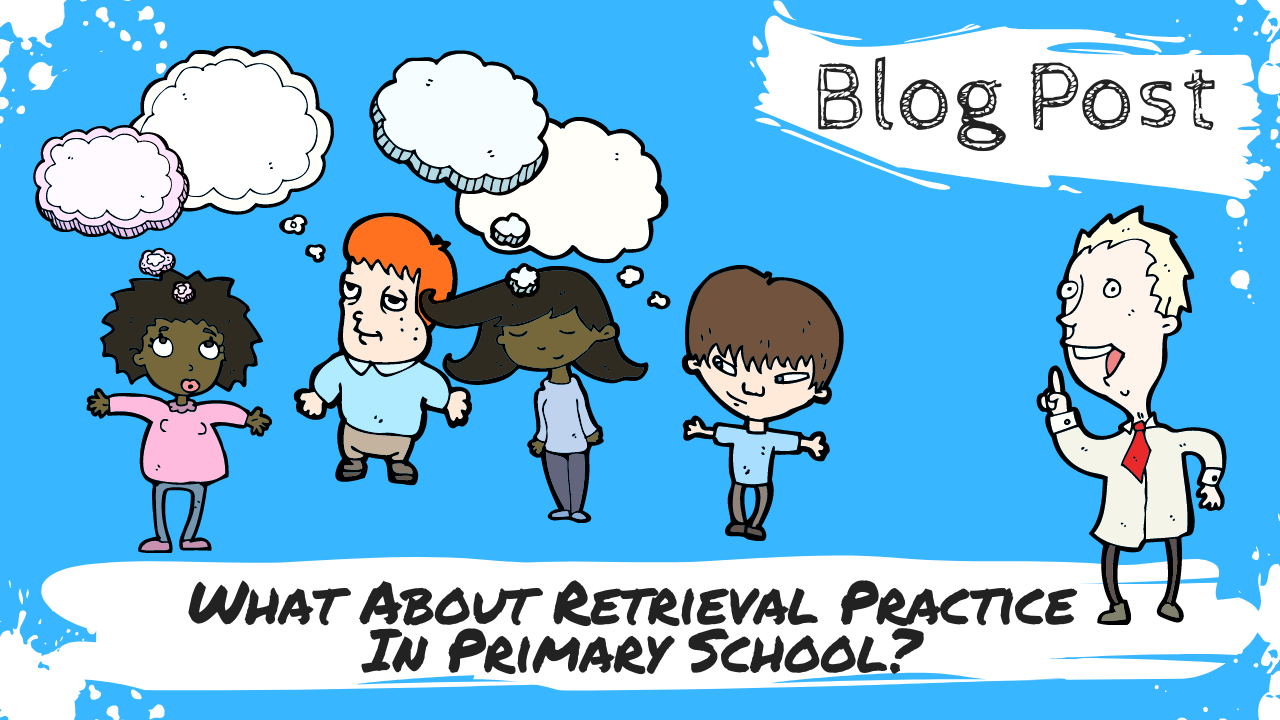
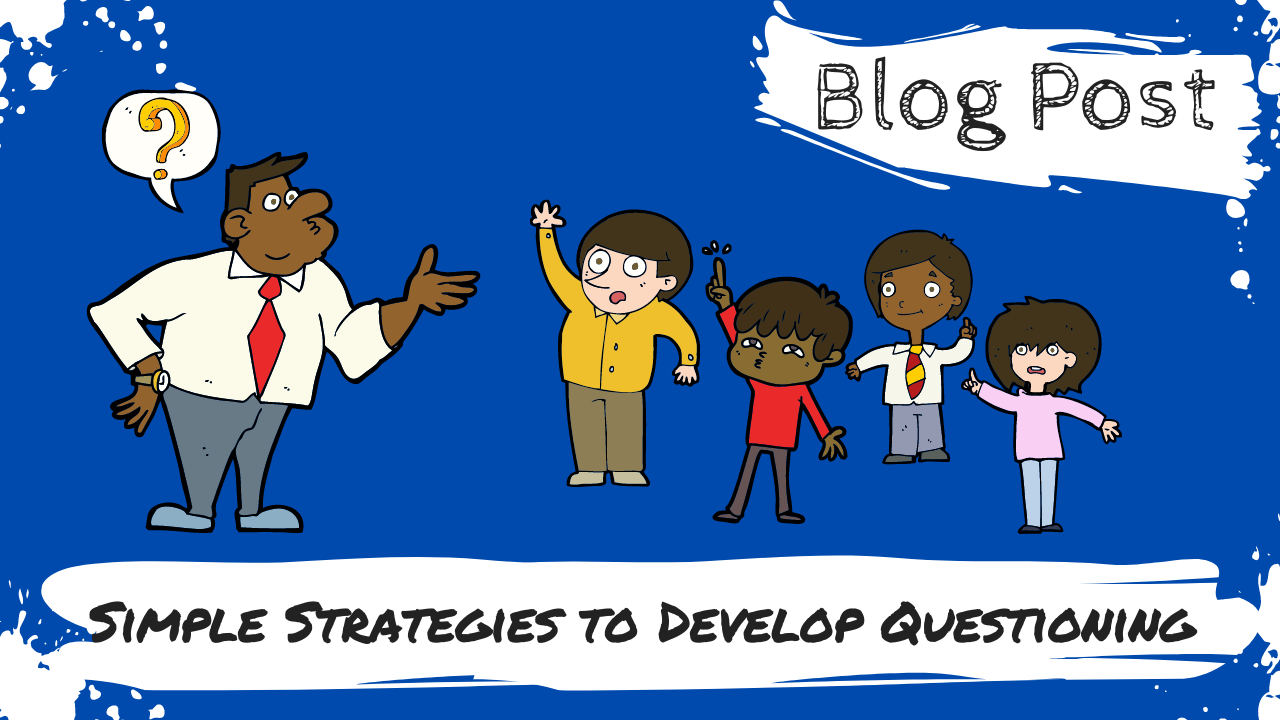
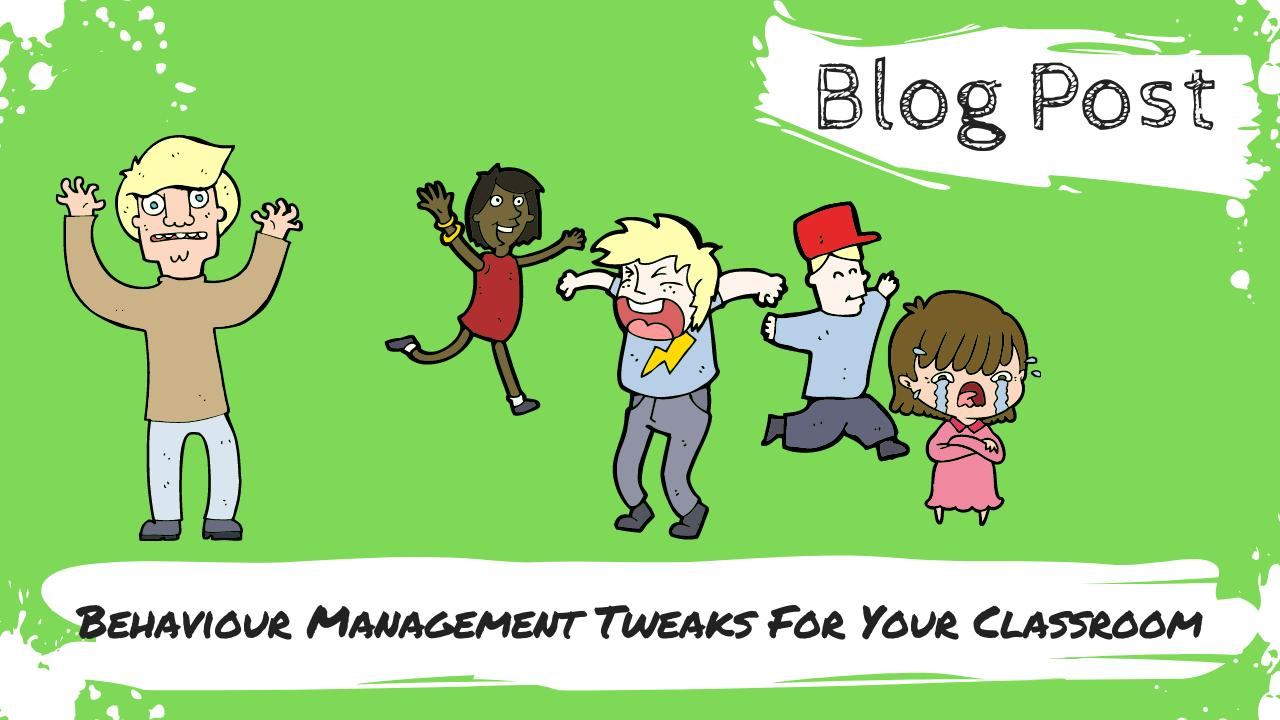
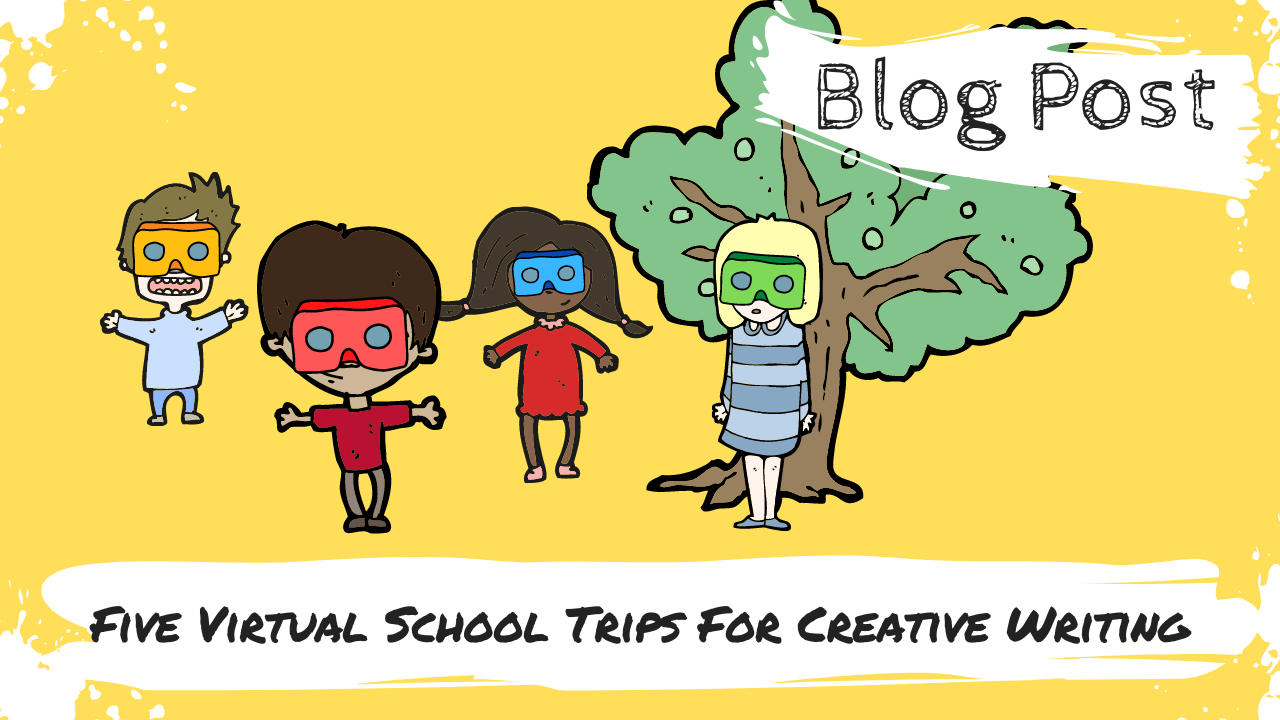
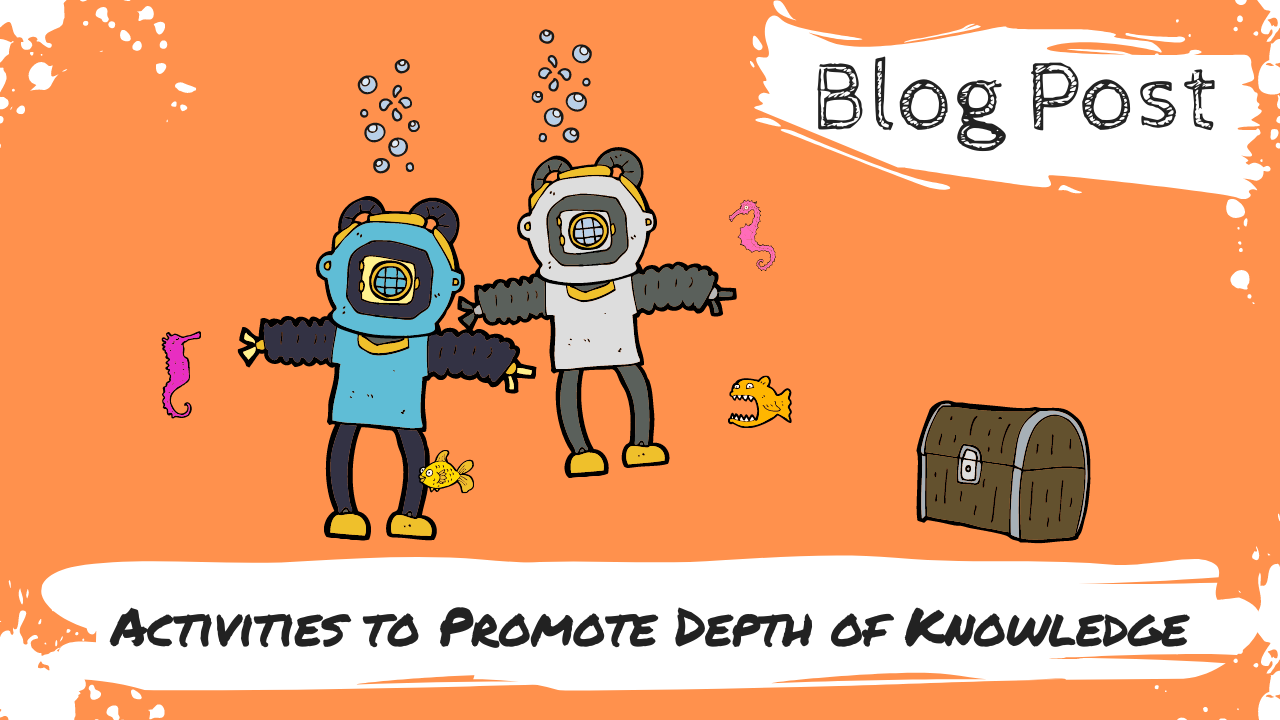
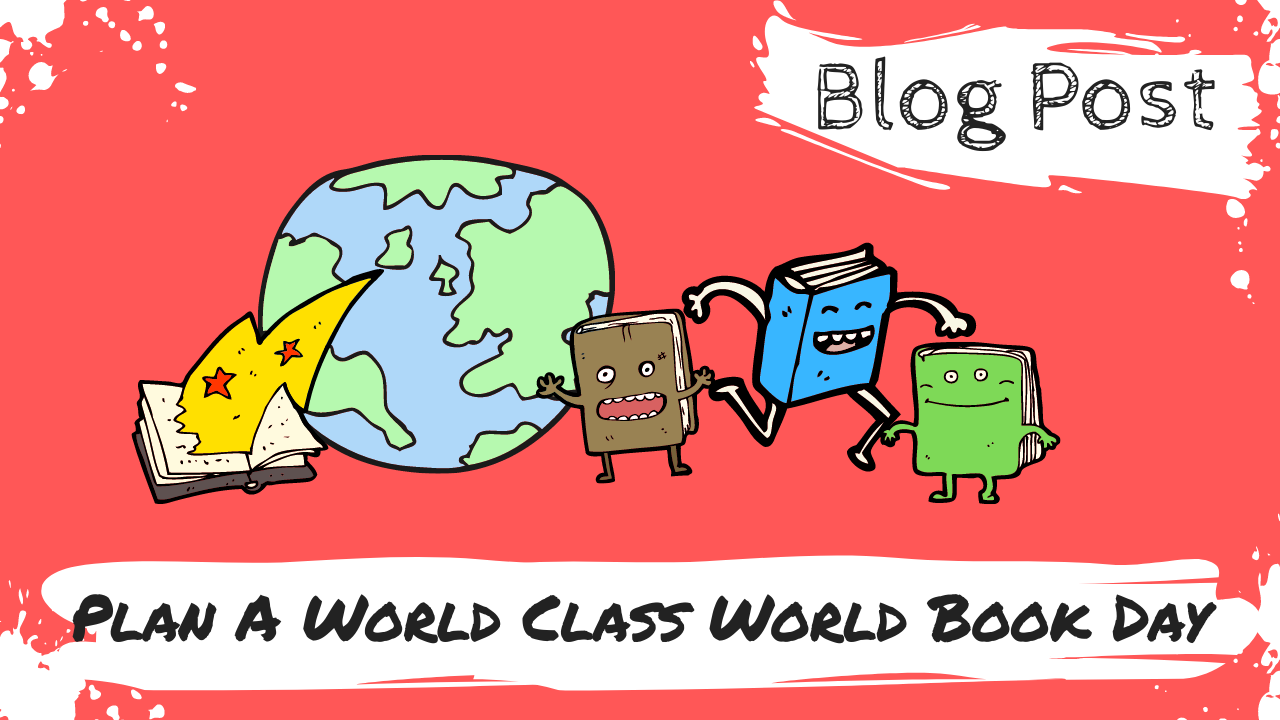
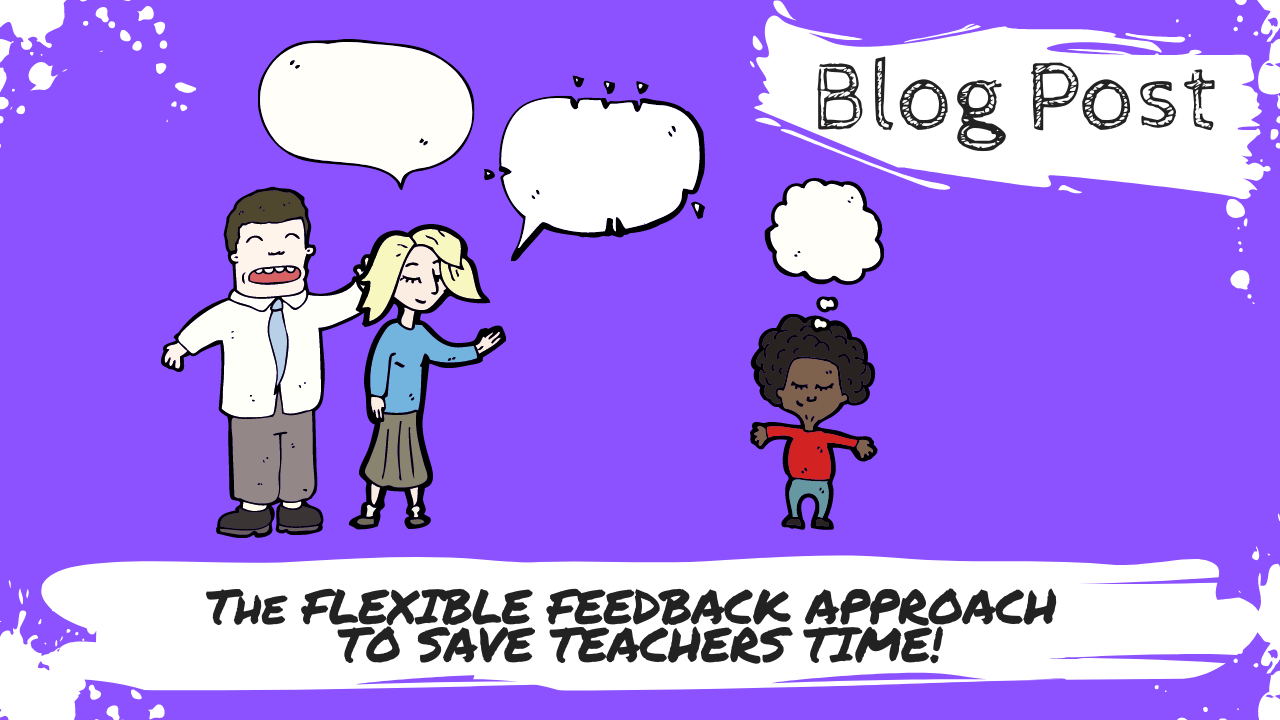
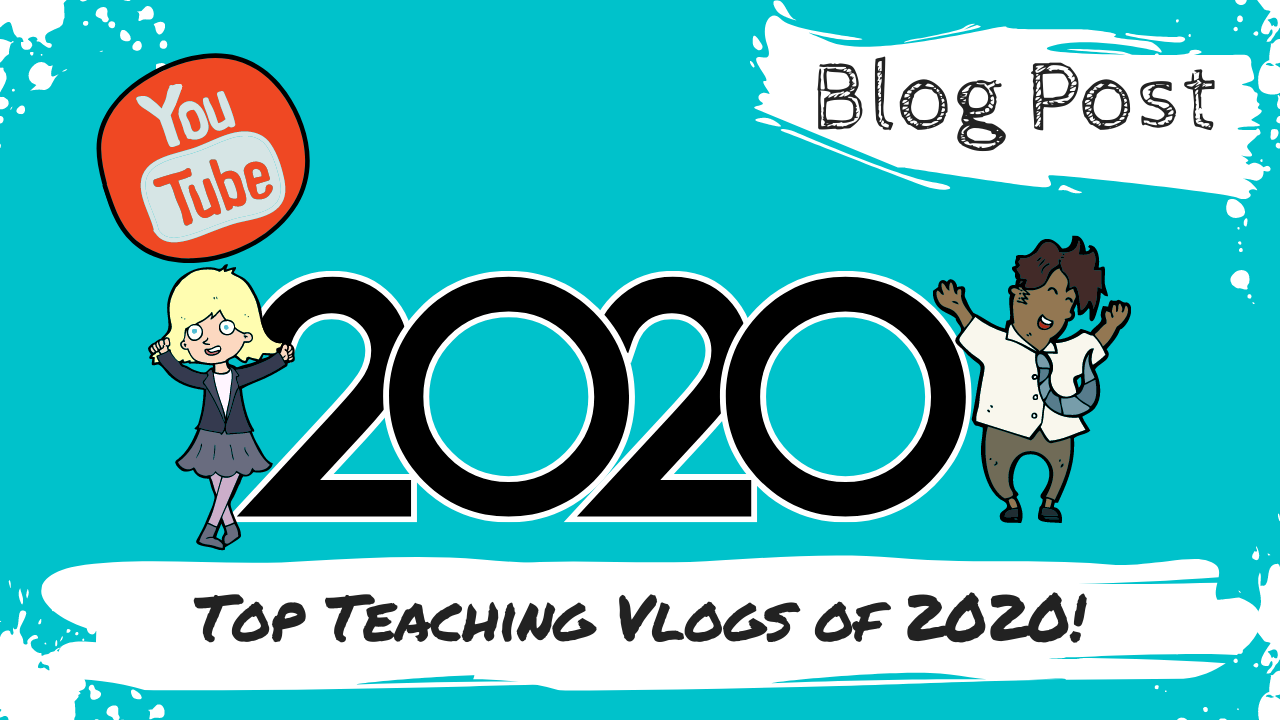



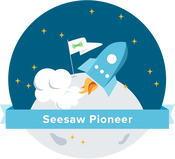
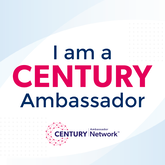
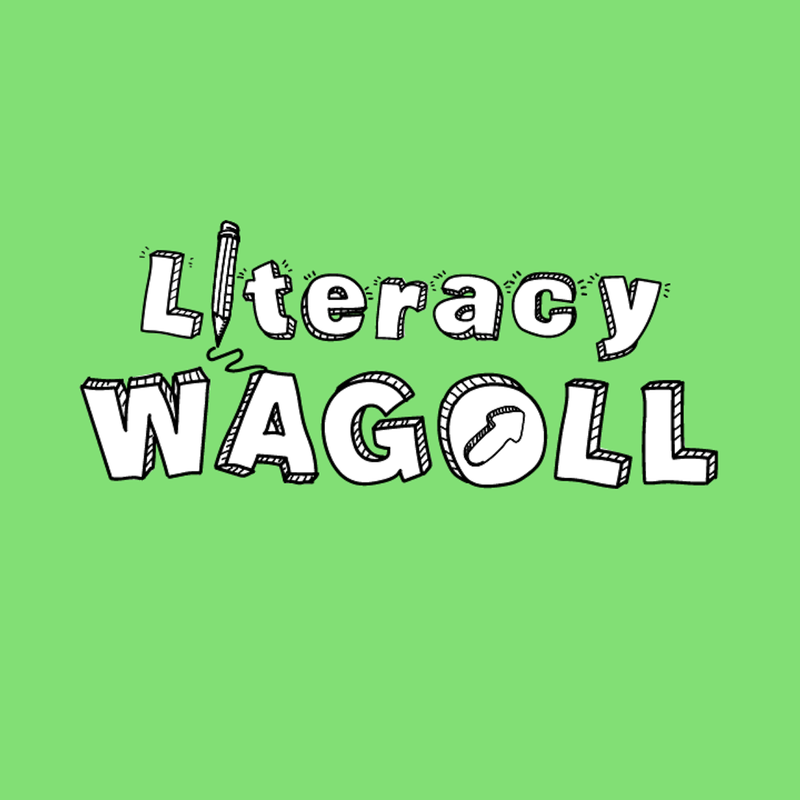
 RSS Feed
RSS Feed

